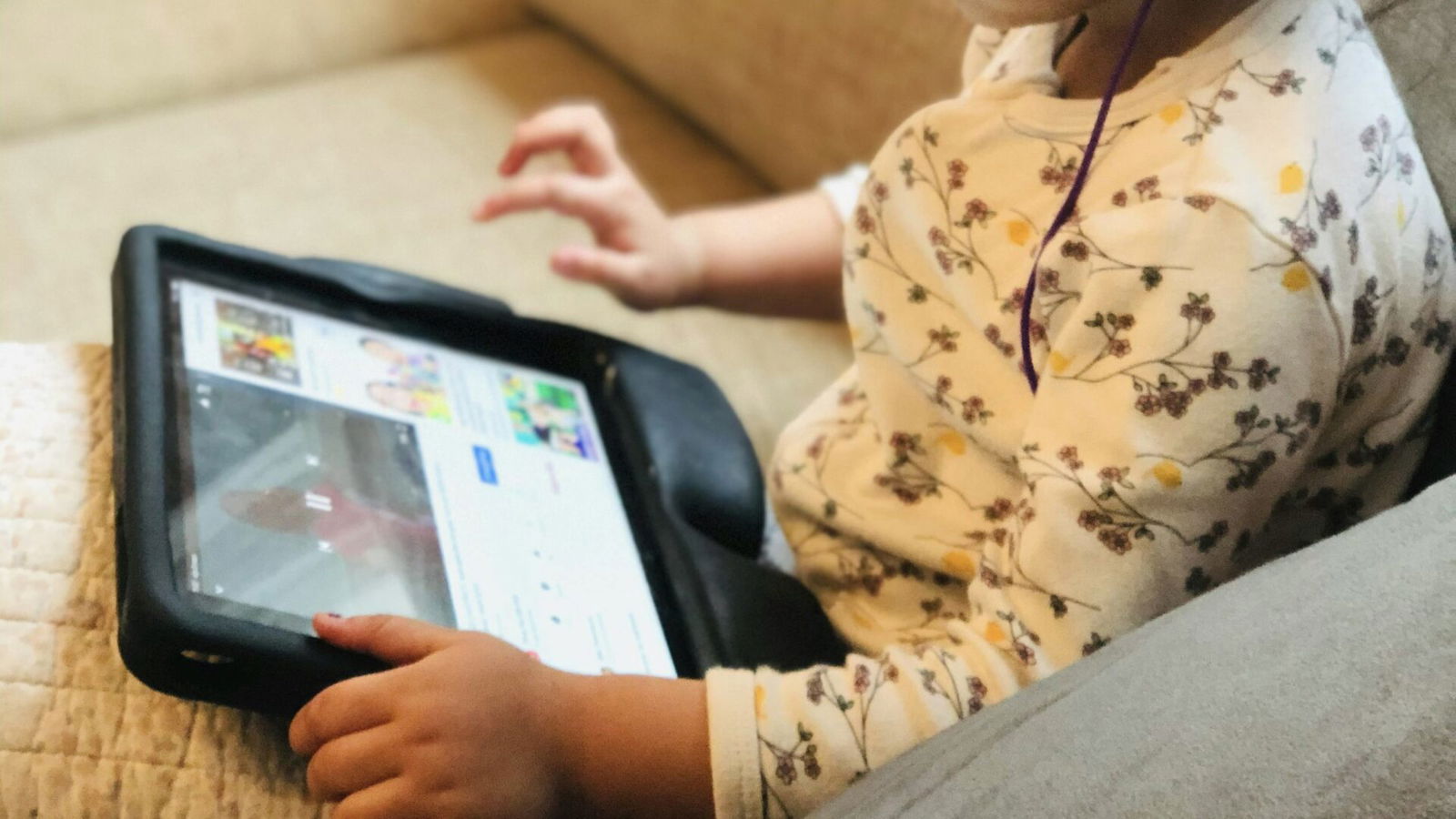
By Gavin Boyle
A new meta-analysis that synthesized the data of 117 studies revealed that technology makes it harder for kids to learn how to regulate their emotions, a crucial skill for a mature teenager and adult to have.
“In many cases, children who are already struggling emotionally turn to screens, especially video games, as a way to cope or escape,” lead author Roberta Pires Vasconcellos told CNN. “While that might offer short-term relief, over time it can trap them in a cycle that reinforces those emotional difficulties.”
“Children are spending more and more time on screens, for everything from entertainment to homework to messaging friends,” added Michael Noetel, another author of the study. “We found that increased screen time can lead to emotional and behavioral problems, and kids with those problems often turn to screens to cope.”
Related: Are Tablets Causing Your Child’s Tantrums?
The analysis offered parents a general set of rules they should follow in regard to screen time so their kids can develop at a normal rate. Kids under 2 years old should not be regularly allowed any screen time other video chats. Children ages 2-5 should not engage with screens for more than one hour per day. And older kids should have no more than two hours of regular screen time per day.
The biggest problem with screen time is that it almost always replaces activities that are crucial for development such as face-to-face interaction, outdoor play, learning or sleep. When it comes to socio-emotional growth, kids need to learn how to regulate emotions on their own, rather than rely on a digital pacifier that numbs how they are feeling.
“When children rely on digital devices to manage distress, they miss opportunities to practice internal emotional regulation,” Veronika Konok, a lecturer at the ELTE Faculty of Science in Budapest, told HuffPost when discussing the issue in December 2024. “Instead of learning coping mechanisms, they become dependent on external distractions. This dependency undermines the development of critical skills, such as self-soothing.”
Thus, while technology can serve as a short-term solution to quieting tantrums, it only leads to more problems down the road as older kids continue to have the tantrums they never learned how to overcome.
“Children with behavioral issues or challenging temperament are more likely to elicit the use of digital pacifiers, as parents may struggle to manage their frequent tantrums,” Konok said, noting, “occasional use in unavoidable situations is understandable, but consistent reliance can hinder long-term emotional development.”
“It takes a long time to fully learn to manage emotions, and even when a child is better at it, when they are tired, overwhelmed, stressed, [or] worried, they will need more help,” added Tovah Klein, a psychologist and director of the Toddler Center at Barnard College.”
This analysis offers parents yet another reason to work as hard as possible to keep their kids off of screens, even when it seems easier to allow technology to work as a pacifier.
Read Next: Why Tablets Aren’t the Answer to Your Child’s Tantrum
Questions or comments? Please write to us here.


 - Content:
- Content: 

